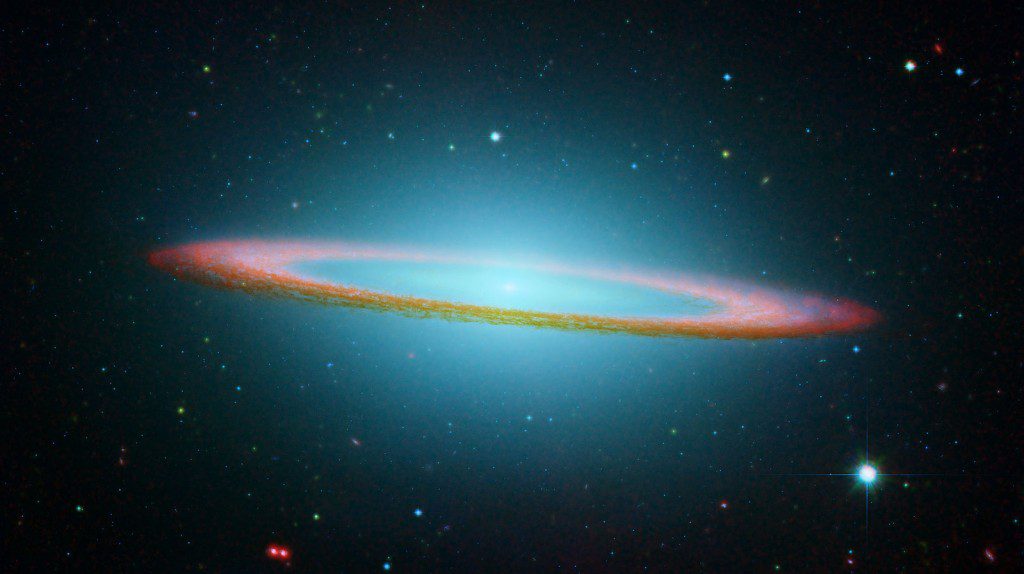
The resident atheist commenter on my blog sometimes likes to point out that many of my science-related entries fall into the “gee whiz!” mode. I think he overstates his claim considerably, but some of my blog entries are definitely intended either to express wonder or to evoke or inspire it. And I don’t feel at all bad about that.
“Wonder,” Socrates is quoted by Plato as saying at Theaetetus 155d, “is the only beginning of philosophy.” (And please recall that an ancient Greek would have heard the meaning “love of wisdom” in the word philosophia.) And, at Metaphysics 882b, Aristotle remarks that “it is owing to their wonder that men both now begin and at first began to philosophize.”
The Anglican priest David Wilkinson, who also holds a doctorate in physics and cosmology, wouldn’t disagree. I quote from David Wilkinson, God, Time and Stephen Hawking: An Exploration into Origins (London and Grand Rapids: Monarch Books, 2001):
The universe has been a source of fascination which has provoked art, religion and science. For example, Halley’s comet was observed by the Babylonians in 164 BC, was noted as an omen in the Bayeaux Tapestry, was painted by Giotto over the stable of Christ’s birth, was used by Halley to demonstrate Newton’s law of gravitation, has been examined by telescopes and satellites and has even been the subject of songs and novels! And this is just one comet! (31)
And, while I have Rev. Dr. Wilkinson’s book open, please permit me to cite from it a couple of passages about how very differently people see the physical universe:
Yuri Gagarin returned from space to proclaim that he had not found God, but millions watched television as the Apollo astronauts circled the Moon reading the first chapters of the Bible, ‘In the beginning, God created the heavens and the earth.’ (31)
In 1951, Pope Pius XII, responding to work on the Big Bang that had been done by, among others, several Catholic cosmologists, suggested that the still-new scientific model was consistent with Catholic theology:
Thus, with the concreteness which is characteristic of physical proofs, it [science] has confirmed the contingency of the universe and also the well-founded deduction as to the epoch when the cosmos came forth from the hands of the Creator. Hence, creation took place in time. Therefore, there is a Creator. (cited on 25)
Which brings me to a 2017 item in the Babylon Bee to which someone — sadly, I no longer remember who it was — called my attention a few days ago:
“Enlightened ‘Minecraft’ Character Denies Existence Of Game Designer”












